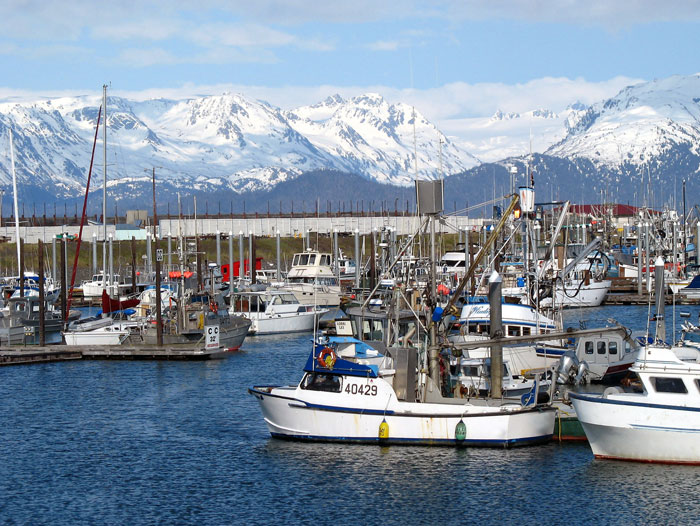New Study: Protecting Large Ocean Areas Doesn’t Curb Fishing Catches
June 12, 2023 | 1 min to read

A new study published in Science Advances today provides evidence that large-scale, offshore, and fully-protected marine areas (MPAs) protect biodiversity without negatively impacting fishing and food security.
In the first-ever “before and after” assessment of the impact of establishing Mexico’s Revillagigedo National Park on the fishing industry, a team of U.S. and Mexican researchers found that Mexico’s industrial fishing sector did not incur economic losses five years after the park’s creation despite a full ban on fishing activity within the MPA.
Established in 2017, the “Galápagos of Mexico” is the world’s 13th-largest MPA, and one of the few where all damaging human activities, including fishing, are banned to help marine populations recover. Home to one of the world’s largest aggregations of sharks and manta rays, as well as tuna, humpback whales and five species of sea turtles, it also shelters more than 300 species of fish, of which 36 are not found anywhere else in the ocean. At the time, the Mexican industrial fishing lobby opposed the creation of the National Park, arguing that it would impact their catches and increase their costs.
To read the rest of the story, please go to: University of California San Diego
